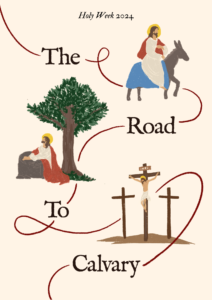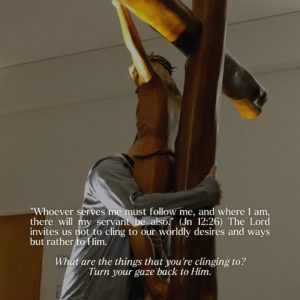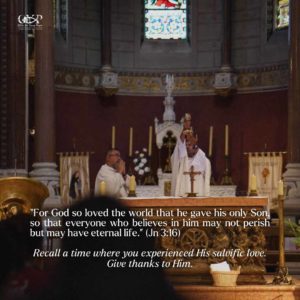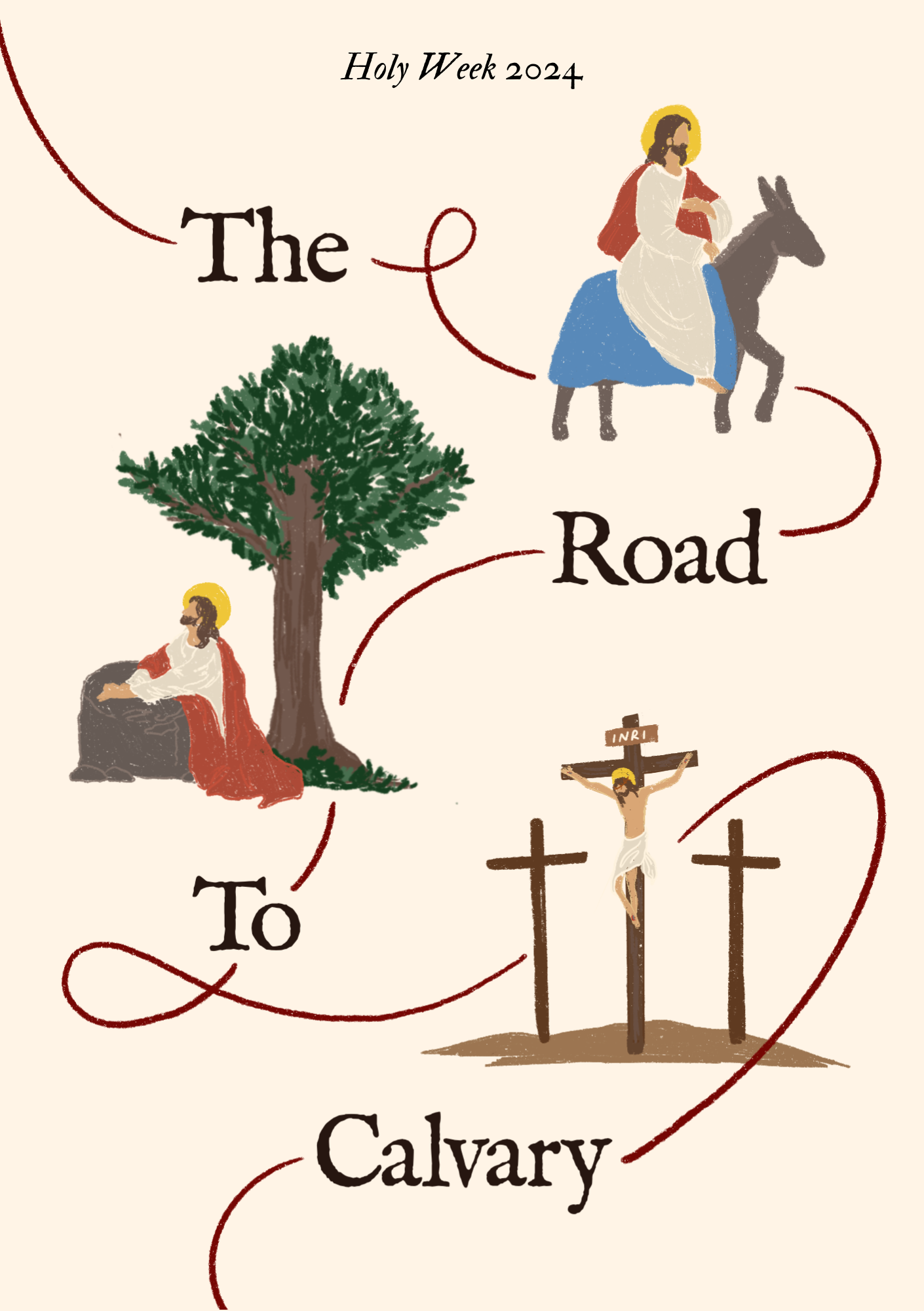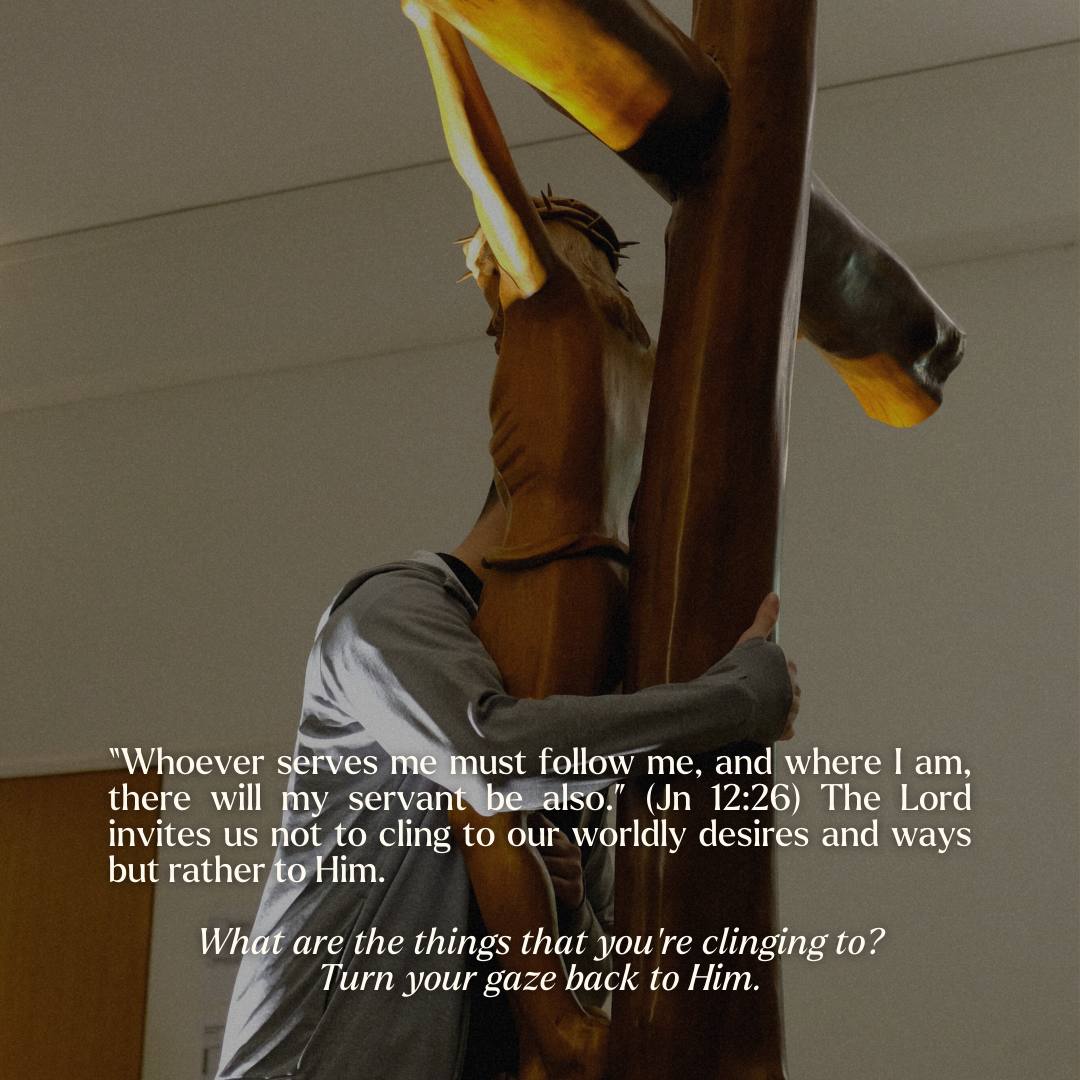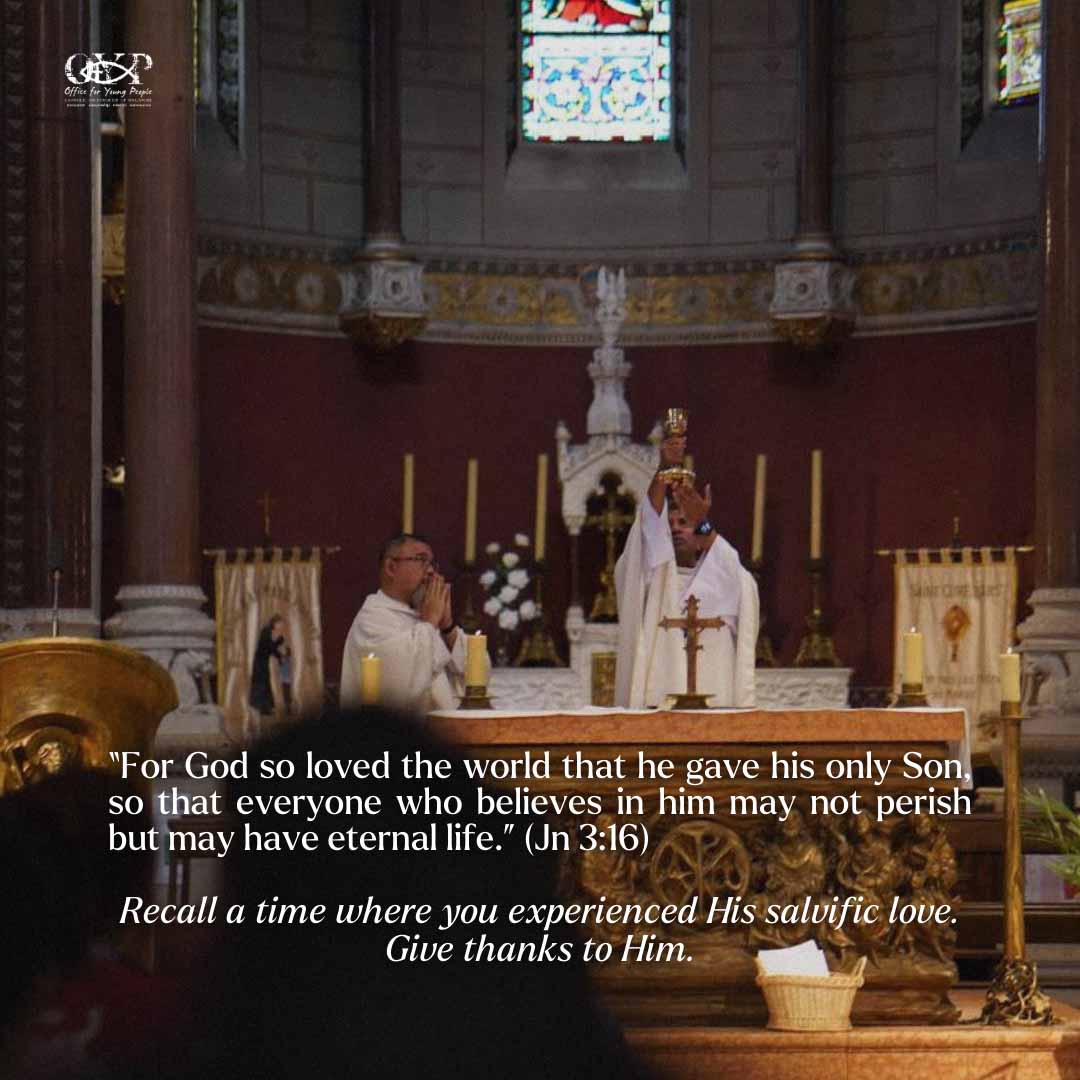By Marilyn Choong
How was the Bible written?
As we learn more about the Catholic faith, verses or passages from the Bible will grow more and more prevalent. But what is the Bible and how did it come to be?
The Bible is a collection of different texts recording the human experience with God. Long before they were put into written text, parts of the Bible were passed down through generations orally. The books in the Bible are divinely inspired texts, thus in a way we can say God wrote the Bible. The CCC sheds more light onto this:
God inspired the human authors of the sacred books. “To compose the sacred books, God chose certain men who, all the while he employed them in this task, made full use of their own faculties and powers so that, though he acted in them and by them, it was as true authors that they consigned to writing whatever he wanted written, and no more.” (CCC #106)
In the same way that He has worked with and through humans to do His will, He worked with and through humans to write the Bible.
Old Testament vs New Testament
The Bible is divided into 46 books from the Old Testament and 27 books from the New Testament. These two halves of the Bible portray two different stories of the human experience with God. The Old Testament, mostly written in Hebrew, consists of books from the sacred scriptures of the Jewish people before Jesus’ arrival. The New Testament, written in Greek, includes the Gospels and other text written after Jesus’ coming, during the time of the early Christians. Some of these books may have originally been written as letters to early Christian communities. One example is the book of Corinthians, which was a letter written from St Paul to the Church which he had established in Corinth.
Did Matthew, Mark, Luke and John really write the Gospels?
The authorship of the Gospels remains unknown. Although some believe that the names Mark, Matthew, Luke and John correspond with the saints or apostles of Jesus’ time, some of the books were written much later, with the Gospel of John dating back to 90-110 A.D. Authorship of the books may not necessarily have meant the apostles themselves writing the books. Instead another person or community who closely worked with them could act as their ‘scribe’ to write down their accounts of Jesus’ life, specifically in the style or tradition which the author had shared. The writings of Papias and Eusebius Pamphilius mention Mark as a follower of St Peter, who accurately wrote down all that St Peter had orally shared about Christ; meanwhile it is largely debated over whether the Gospel of John was written by more than one author.
All four books tell the story of Jesus’ life, at times with additional details the other books lacked. The four authors would choose different accounts to report in longer detail or summarise based on what best suited their purpose and audience (Instruction of the Pontification Bible Commission Concerning the Historical Truth of the Gospels (April 21, 1964), 22). The Gospel of Mark’s lack of reference to previous Hebrew scriptures gives the impression that the book was written for a non-Jewish community, while in contrast the Gospel of Matthew’s references to Hebrew scriptures and traditions implies that the intended audience was previously Jewish converts. Eusebius Pamphilius also accounts for Matthew, who initially wrote the gospel to preach to the Hebrews, thus it was also written in their native tongue. The Gospel of John was the last of the four books written, with the greatest contrast in content from the other three Gospels. It was written as a theological reflection, almost a full generation after the other Gospels had been written and the Church had already begun to grow. Eusebius writes that John the apostle had written the gospel to account for the life of Jesus and his miracles before the imprisonment of John the Baptist, which had been omitted in the other gospels. Regardless, the Gospels are still recognised as texts written through the guidance of the Holy Spirit, to reveal to the Word of God to different audiences in the best way.
The New Testament and Apostolic Tradition
The New Testament originally began as a series of separate written books or letters. Early Christians would then refer to many different forms of scripture, however there was no official consensus by the Church on texts that were divinely inspired. That was until the Synod of Rome under Pope Damasus in A.D. 382, where the Catholic Church decided on the list of books that would go into the Bible, also known as Biblical Canon.
But how did the Catholic Church determine which books would be put into the New Testament? According to the CCC:
It was by the apostolic Tradition that the Church discerned which writings are to be included in the list of the sacred books. (CCC #120)
Apostolic Tradition thus is the way that sacred books were chosen and discerned to be divinely inspired. The Apostles experienced first-hand the miracles and teaching of Jesus and were then given the responsibility and authority to spread what Jesus had taught them to others. As St. Paul wrote to the Thessalonians:
Brethren, stand firm and hold to the traditions which you were taught by us, either by word of mouth or by letter. (2 Thes 2:15)
The Second Vatican Council also notes that:
“Apostles and apostolic men who under the inspiration of the same Holy Spirit committed the message of salvation to writing” (Dogmatic Constitution on Divine Revelation Dei Verbum, n. 7)
Therefore, it is only those books, passed from the Apostles down to their successors, that are recognised by Catholic Church and compiled in the New Testament.
Overall, the Bible is a collection of sacred books telling the various human experiences with God. Scripture in the Bible is recognised as divinely inspired, that is written by men through the guidance of God. The legitimacy of these texts are determined by Apostolic Tradition, where each book is known to be closely tied to the Apostles.
Sources:
a. The Catholic Church’s Origin – Beginning Catholic
www.beginningcatholic.com/catholic-church-origin
b. Was the Canon of Scripture Determined before the Church Councils That Decided It? – Catholic Answers
https://www.catholic.com/qa/was-the-canon-of-scripture-determined-before-the-church-councils-that-decided-it
c. Who wrote the Gospels and when? – Catholic Identity
https://catholicidentity.bne.catholic.edu.au/scripture/SitePages/Who-wrote-the-gospels-and-when.aspx?csf=1&e=Tf2Y5F
d. The Apostolic Tradition of the Church – Eternal Word Television Network
https://www.ewtn.com/catholicism/library/apostolic-tradition-of-the-church-6352
e. Who Compiled the Bible and When? – Catholic Answers
https://www.catholic.com/qa/who-compiled-the-bible-and-when
f. On the Authorship of the Gospels and the Book of Revelation: Early Christian Texts Quoted by Eusebius, and related writings by Irenaeus
https://catholic-resources.org/Bible/Eusebius_Gospels.htm


